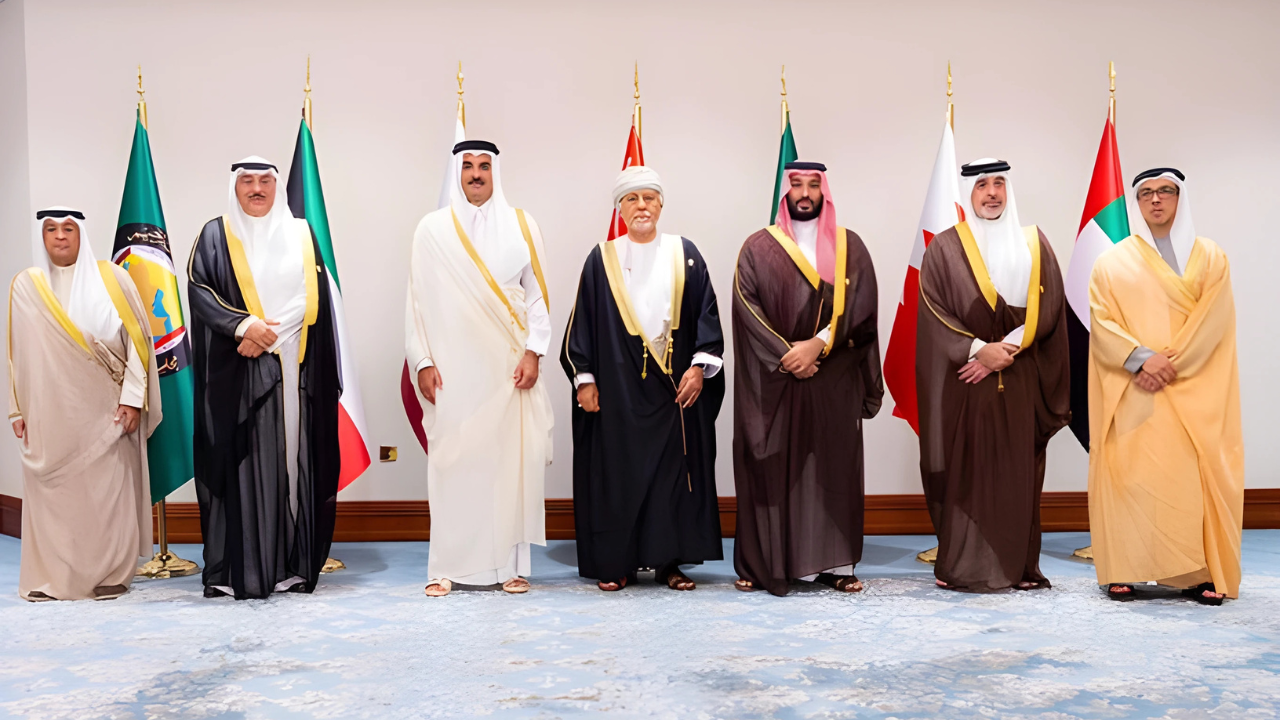
Post by : Naveen Mittal
Leaders from Arab and Islamic nations gathered in Doha for an emergency summit after Israel carried out an airstrike on the Qatari capital. The attack, which targeted the homes of Hamas leaders and their families, killed six people and shocked the region.
Qatar’s Emir, Sheikh Tamim bin Hamad Al Thani, opened the summit with strong words, calling the attack “blatant, treacherous, and cowardly”. He said the bombing showed Israel had no genuine interest in peace and was instead trying to block negotiations aimed at ending the war in Gaza, which has already killed more than 64,800 Palestinians.
One of the key outcomes of the summit came from the Gulf Cooperation Council (GCC). The six-member bloc—Bahrain, Kuwait, Oman, Qatar, Saudi Arabia, and the United Arab Emirates—announced that they would begin consultations to activate a joint defence mechanism.
A meeting of the Unified Military Command will take place soon in Doha to discuss building stronger deterrent capabilities. GCC officials stressed that an attack on one member state would be treated as an attack on all.
“The GCC stands in one line,” said Majed Mohammed Al-Ansari, Qatar’s Foreign Ministry spokesman.
Despite the tough words, the summit’s joint communique fell short of announcing strong political or economic measures against Israel. Instead, it included firm condemnations and pledges of solidarity with Qatar.
The statement rejected Israel’s threats to target Qatar again and praised Doha’s mediation efforts alongside Egypt and the US. Leaders agreed to use international law and institutions to hold Israel accountable.
Sheikh Tamim also warned that Israel’s attacks are part of a wider plan to expand its influence in the region. He pointed to Israel’s continued bombings in Lebanon, Syria, and Yemen, as well as its refusal to withdraw from occupied territories in southern Lebanon and the Golan Heights in Syria.
He described Israel’s actions as a “dangerous illusion” of creating an Israeli sphere of influence in the Arab world.
While the joint GCC and Arab League statement avoided hard measures, some countries demanded stronger action:
Turkey’s President Erdogan urged Arab and Muslim states to apply economic pressure on Israel and push for international trials of Israeli officials.
Egypt’s President el-Sisi called the attack on Qatar a grave violation of international law and warned it could destroy existing peace agreements.
Pakistan’s Prime Minister Sharif proposed creating an Arab-Islamic task force to counter Israeli expansionist goals.
Malaysia’s Prime Minister Anwar Ibrahim said only sanctions, suspending relations, and cutting commercial ties would pressure Israel.
Iran’s President Pezeshkian demanded that Muslim nations cut all ties with Israel and act together against its aggression.
The summit showed unity in words but stopped short of enforcing sanctions or taking direct collective action. Analysts said the Doha meeting marked an important change in tone, signaling that Arab and Muslim leaders now realize that stronger steps may soon be needed to secure the region.
Andrea Dessi, a professor of international relations, noted: “At the rhetorical level, we are seeing the beginnings of change. The actions will have to follow.”
As the summit was under way, US Secretary of State Marco Rubio visited Israel, where Prime Minister Benjamin Netanyahu threatened more strikes if Hamas leaders were not expelled from Qatar.
However, US President Donald Trump reassured Qatar that Israel would not attack again. Qatari officials confirmed that they were working closely with Washington and the United Nations to hold Israel accountable under international law.
The Doha summit underlined a clear message: Arab and Islamic countries will no longer remain silent in the face of Israeli attacks on sovereign states. While concrete measures remain to be seen, the GCC’s pledge to activate its joint defence mechanism signals a step toward greater regional unity.
For many, the world will be watching what the Gulf and wider Arab-Islamic world will do next—whether they will stick to condemnations or finally take stronger steps to protect their people and stop Israeli aggression.

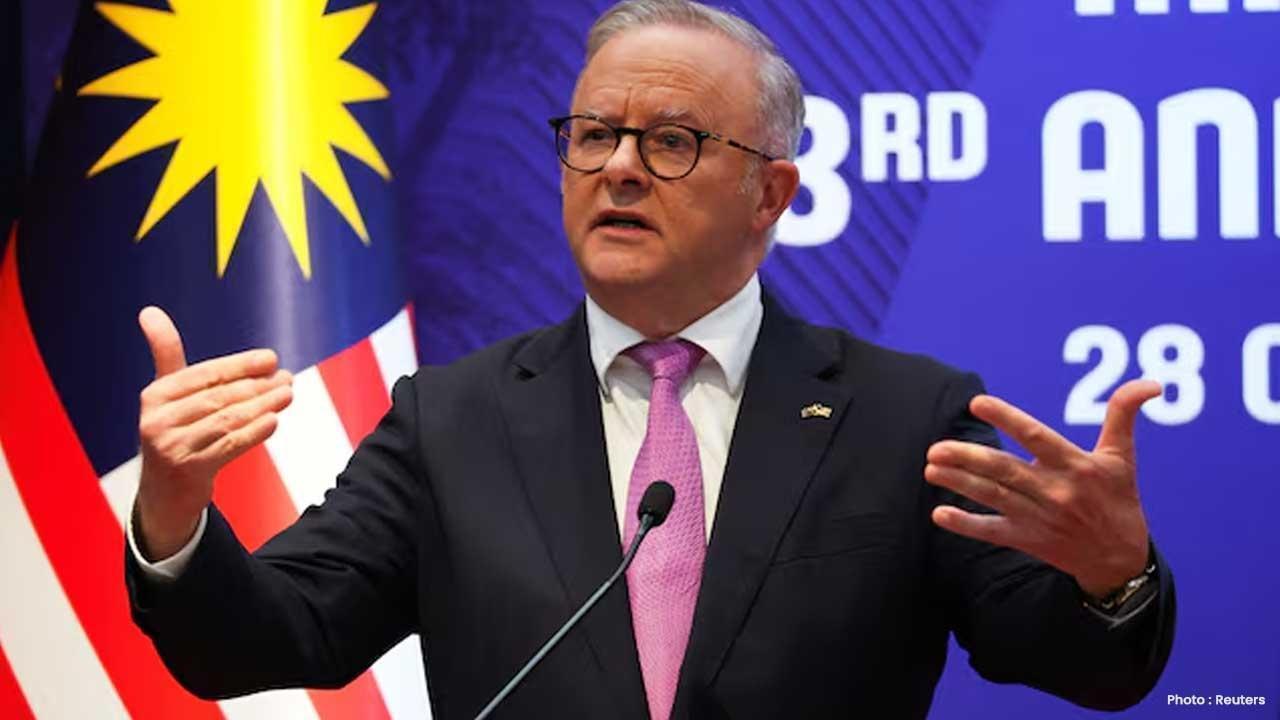

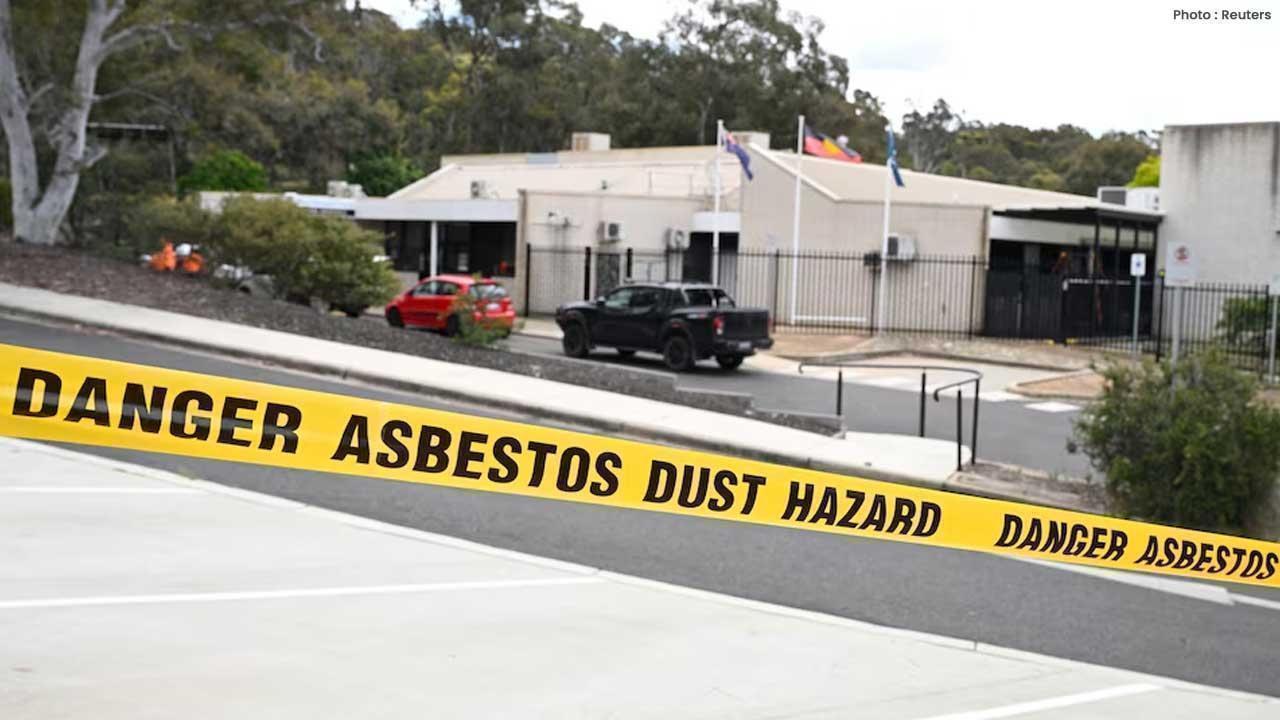
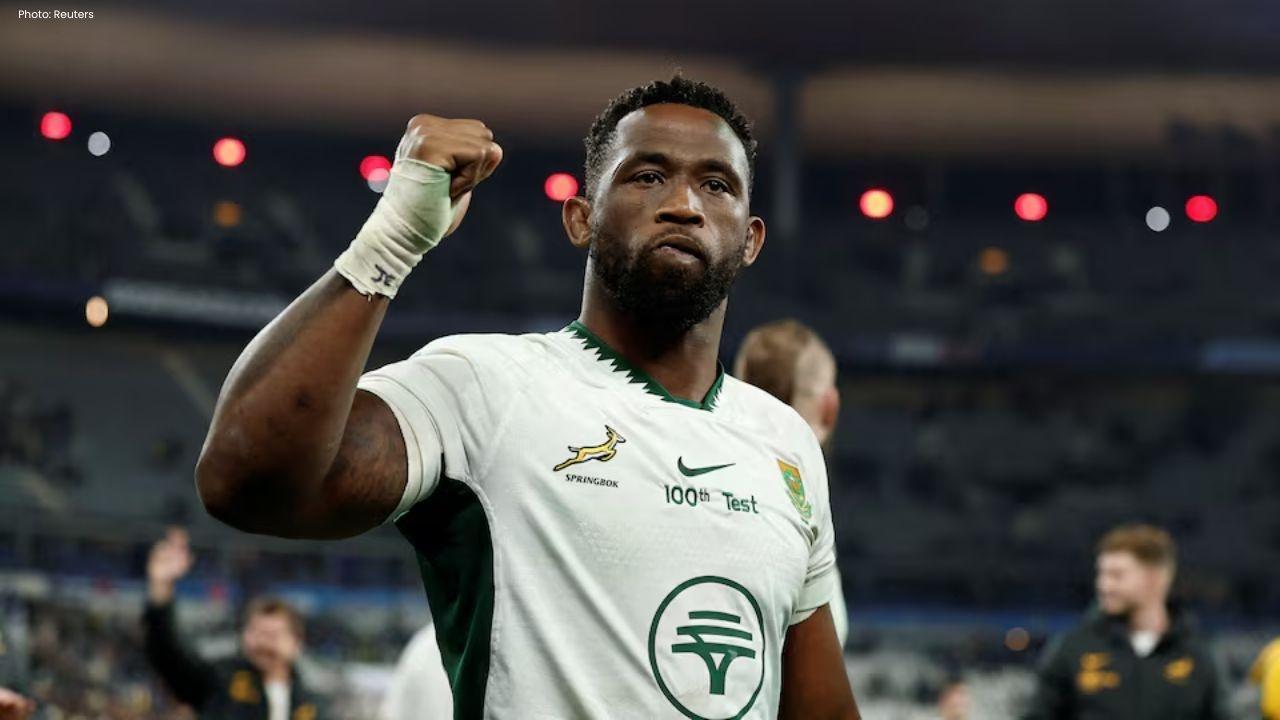
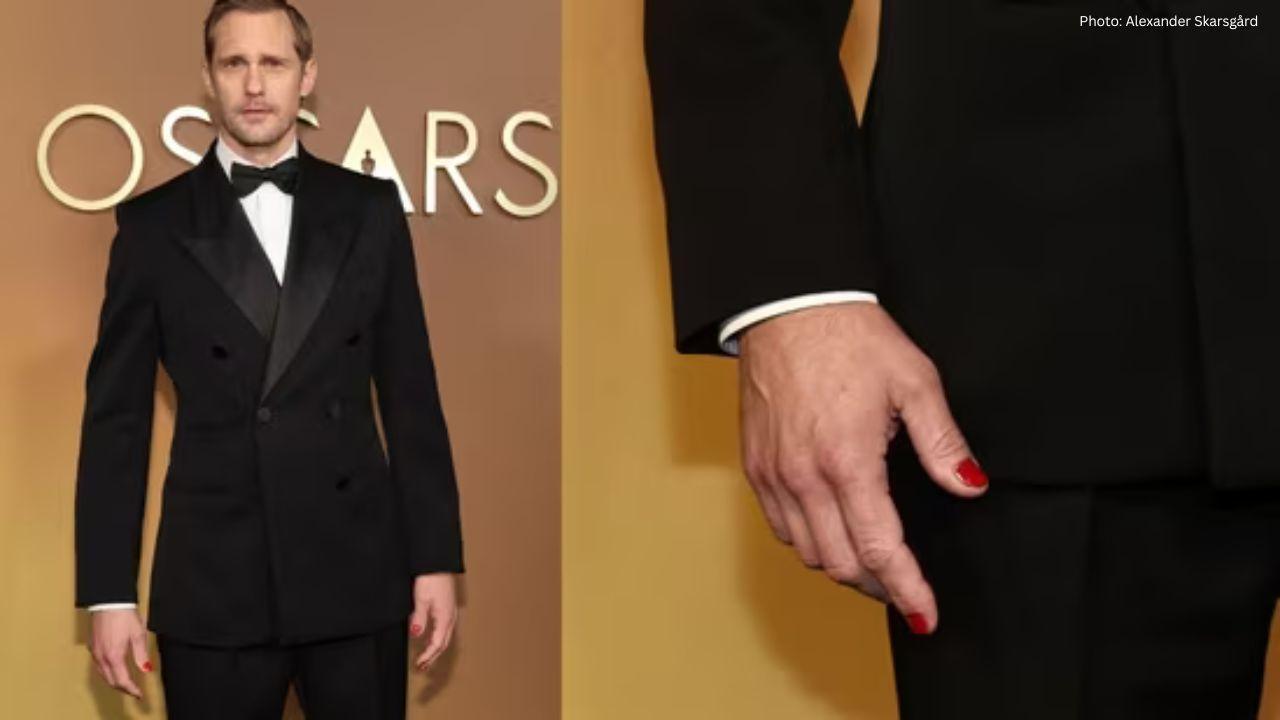
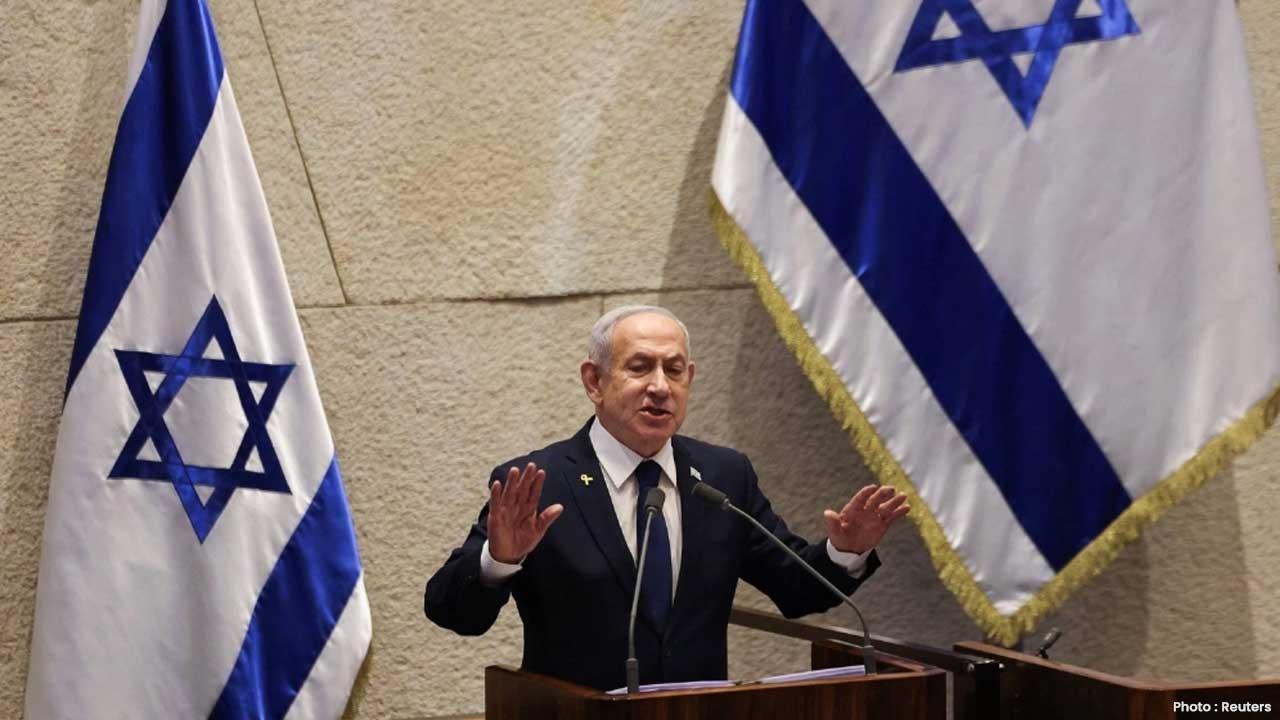
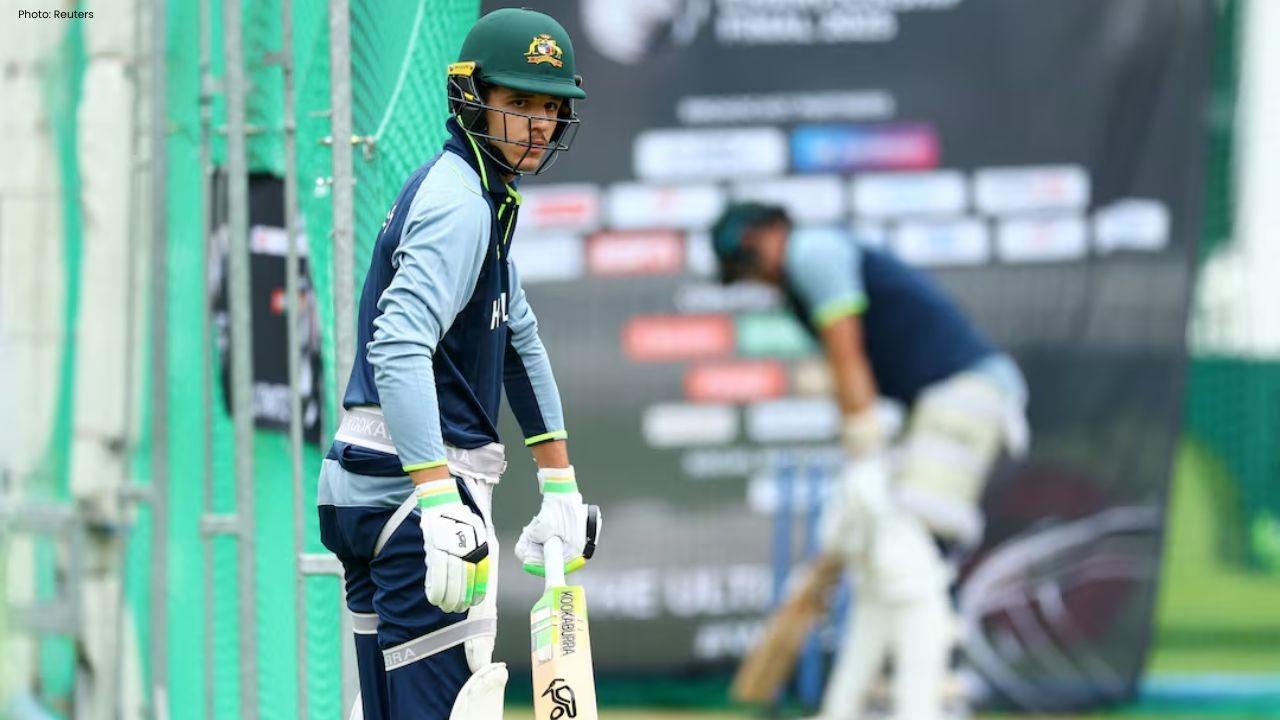
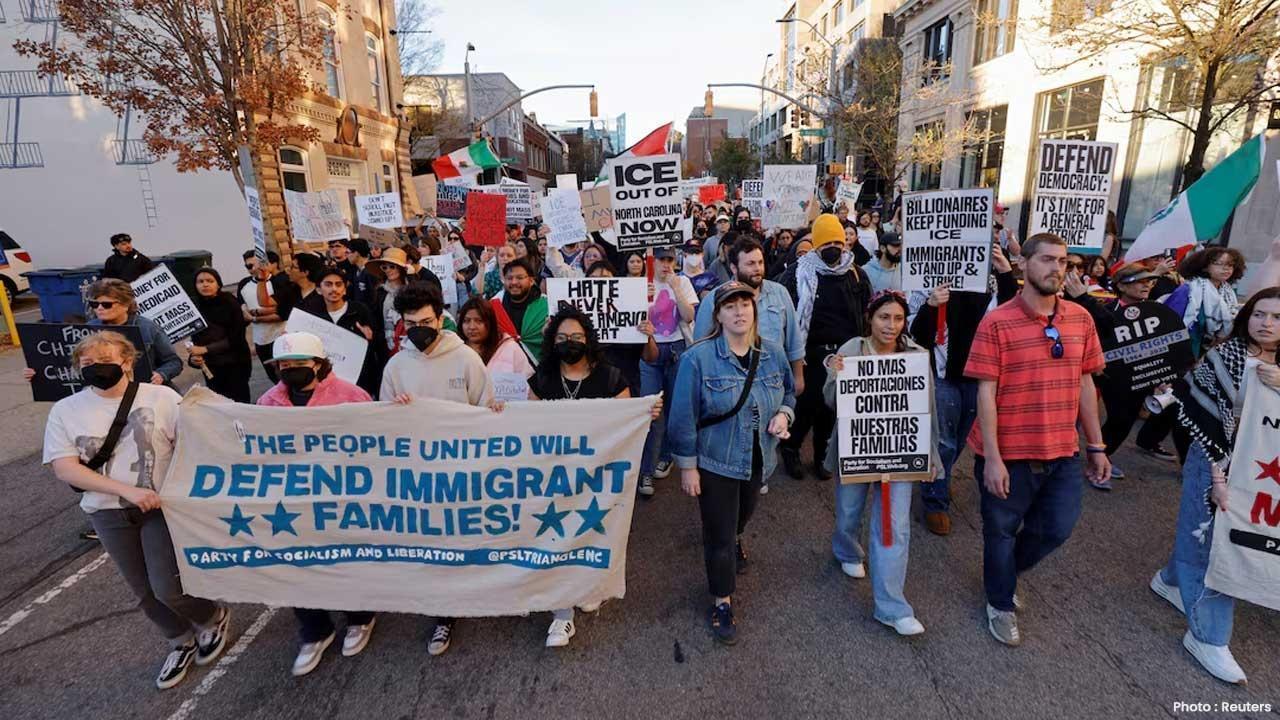

Josh Naylor Returns to Seattle Mariners with New Five-Year Deal
Josh Naylor signs a five-year contract to return to the Mariners, aiming to leverage his performance

Siya Kolisi Scores Big in Rugby and Enjoys ATP Finals Festivities
Siya Kolisi leads South Africa to victory and relishes in lively ATP Finals at Turin, showcasing his

Australia's Young Talent Shines in England Warm-Up Match Selection
Australia names Sam Konstas in the PM XI for an important warm-up against England, highlighting his

Sinner Triumphs Over Alcaraz in Turin Finale
Jannik Sinner clinches the season-ending title in Turin, defeating Carlos Alcaraz in a fiercely cont

Red Wings Triumph Over Rangers with Raymond’s Late Goal
The Detroit Red Wings secured a 2-1 win against the Rangers, highlighted by Lucas Raymond's late thi

Minnesota Wild Secures OT Victory Over Vegas with Boldy and Kaprizov
The Minnesota Wild triumphed 3-2 in overtime against the Vegas Golden Knights, thanks to a vital pla